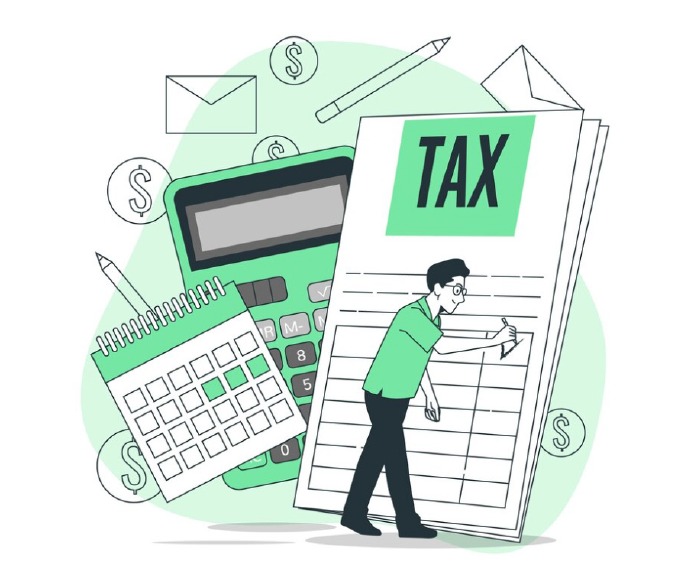Introduction
On 26 June 2025, His Excellency, President Bola Ahmed Tinubu signed four major tax reform bills into law, marking a significant policy shift in Nigeria’s fiscal landscape. Together, the Nigeria Tax Act (NTA), the Nigeria Tax Administration Act (NTAA), the Nigeria Revenue Service (Establishment) Act (NRSA), and the Joint Revenue Board (Establishment) Act (JRBA) form the most extensive overhaul of Nigeria’s tax framework in decades. The new regime is expected to take effect from 1 January 2026, unless otherwise indicated.
Key Highlights of the New Tax Framework
- Tax Relief and Incentives
- Personal Income Tax Exemption: Individuals earning ₦800,000 or less annually will be exempt from personal income tax.
- Small Business Exemptions: Companies with annual turnover not exceeding ₦100 million and fixed assets not exceeding ₦250 million are exempt from Companies Income Tax, Capital Gains Tax (CGT), and the new Development Levy.
- New and Adjusted Tax Rates
- Development Levy: A 4% levy on assessable profits will apply to all incorporated companies, excluding small companies.
- Increased Capital Gains Tax: Capital Gains Tax has been raised from 10% to 30% for companies. Individuals will now pay Capital Gains Tax at their applicable personal income tax rate, based on the existing progressive tax bands.
- Streamlined Tax Administration
- Creation of the Nigeria Revenue Service (NRS): The NRS replaces the Federal Inland Revenue Service (FIRS), consolidating tax collection under a single federal agency to improve coordination and efficiency.
- Digital Tax Infrastructure: The NTAA introduces digitized platforms for filing and tax collection to reduce human error and promote compliance.
- Simplified Compliance Requirements: The NTA simplifies documentation and filing obligations to support taxpayer understanding and compliance.
- Fiscal Federalism and Revenue Allocation
- Joint Revenue Board (JRBA): A new statutory body will manage the sharing of tax revenues among federal, state, and local governments—intended to improve equity and cooperation across levels of government.
Implications for Stakeholders and the Broader Economy
- Improved Revenue Sustainability: The reforms are expected to increase Nigeria’s tax-to-GDP ratio and reduce fiscal reliance on oil and external borrowing.
- Better Business Environment: Simplified tax procedures and digital administration may improve Nigeria’s investment profile and ease of doing business.
- Progressive and Inclusive Approach: Exemptions for low-income individuals and small companies reflect a more equitable design that protects vulnerable groups and encourages micro-enterprise growth.
- Strengthened Intergovernmental Collaboration: Clearer frameworks for revenue distribution could reduce inter-agency disputes and improve coordinated public finance management.
- Greater Transparency and Accountability: Centralized administration and modern reporting tools are expected to enhance transparency, accountability, and public trust in Nigeria’s tax system.
Stay Ahead with SimmonsCooper Partners
The tax reform laws mark a significant shift in Nigeria’s fiscal landscape. With implementation set for 1 January 2026, individuals, businesses, and public institutions are encouraged to assess their compliance readiness and adjust tax strategies accordingly. For advisory on compliance reviews, strategic tax planning, or evaluating the implications of the new regime, contact us at info@scp-law.com or visit www.scp-law.com.





